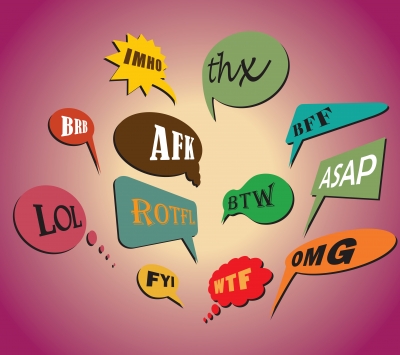
Hey there! If you’re a young person, you probably know that English isn’t just about grammar rules and classic literature. It’s also about the cool, creative, and constantly evolving world of slang.
Slang is like a secret code that makes conversations fun, lively, and sometimes even confusing, in a good way!. Let’s dive into the fascinating world of English slang and see how it’s used today.
What is Slang?
Slang is informal language that often changes quickly. It’s usually used by specific groups of people to show they belong to a particular community. For teenagers, slang is a way to express individuality, connect with friends, and sometimes, keep adults in the dark about what you’re really talking about.
Popular Slang Terms You Should Know
Here are some of the most popular slang terms that are currently making waves:
- Lit: This means something is amazing or exciting. Example: “That party was lit!”
- Savage: If someone does something bold or fearless, they’re savage. Example: “She made a savage comeback.”
- Ghost: To suddenly stop communicating with someone. Example: “He ghosted me after the second date.”
- Flex: To show off. Example: “He’s always flexing his new gadgets.”
- Tea: Gossip or news. Example: “Spill the tea, I want to hear all about it.”
- Salty: Being bitter or upset. Example: “Why are you so salty about losing?”
- Woke: Being aware of social issues and injustices. Example: “She’s really woke about environmental issues.”
- Slay: To do something exceptionally well. Example: “You totally slayed that presentation.”
The Role of Social Media
Social media platforms like TikTok, Instagram, and Twitter are hotbeds for new slang. They help spread new terms quickly and make them popular worldwide. A single viral video can introduce a new word or phrase to millions of people overnight.
Using Slang Appropiately
While slang is fun, it’s important to know when to use it. Here are some tips:
- Know Your Audience: Use slang with friends and peers who understand it. Avoid using it in formal settings like school essays or job interviews.
- Stay Updated: Slang changes quickly. Keep up with the latest trends to make sure you’re not using outdated terms.
- Be Respectful: Some slang can be offensive or inappropriate. Be mindful of the words you choose and the impact they may have on others.

Slang is a dynamic and exciting part of the English language. It reflects the creativity and spirit of the younger generation.
By understanding and using slang, you can make your conversations more vibrant and engaging. So go ahead, embrace the slang, and stay cool!
Remember, the key to mastering slang is to keep your ears open and stay connected with your peers. Happy chatting! (: